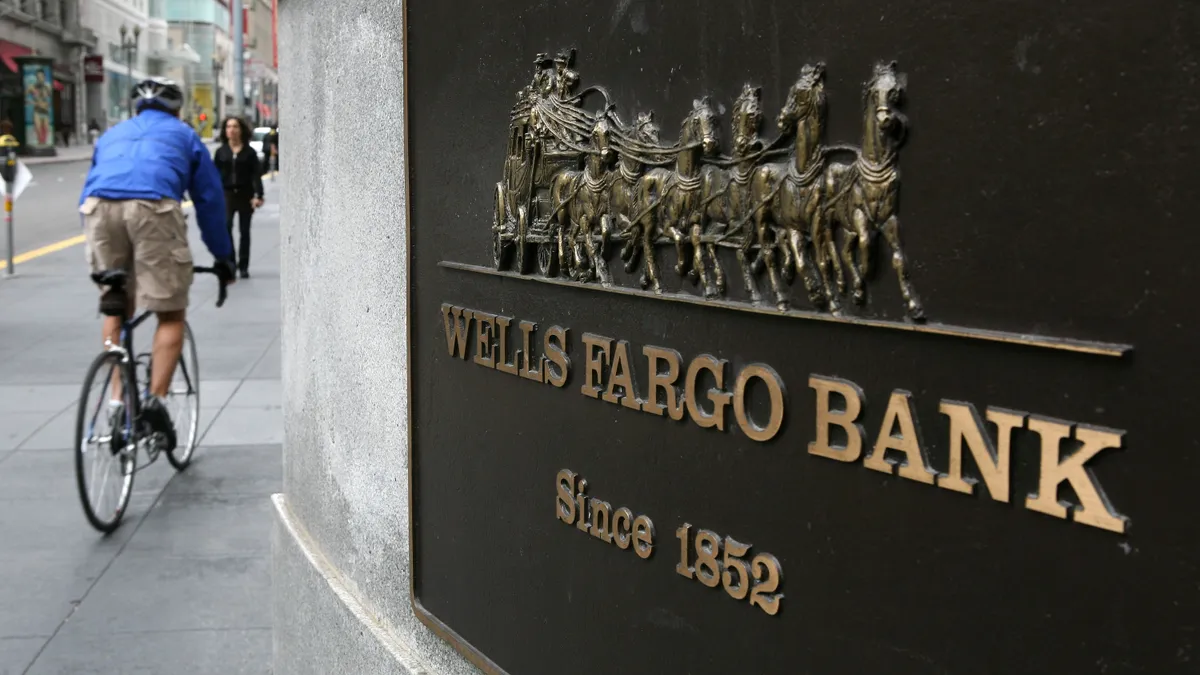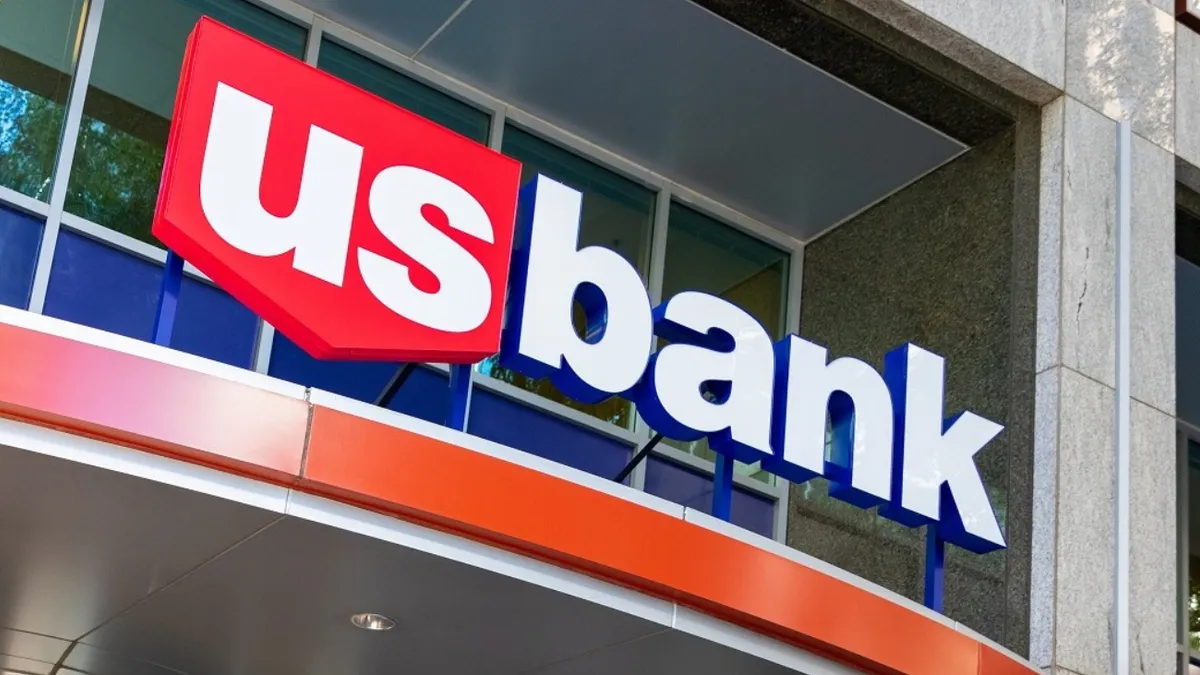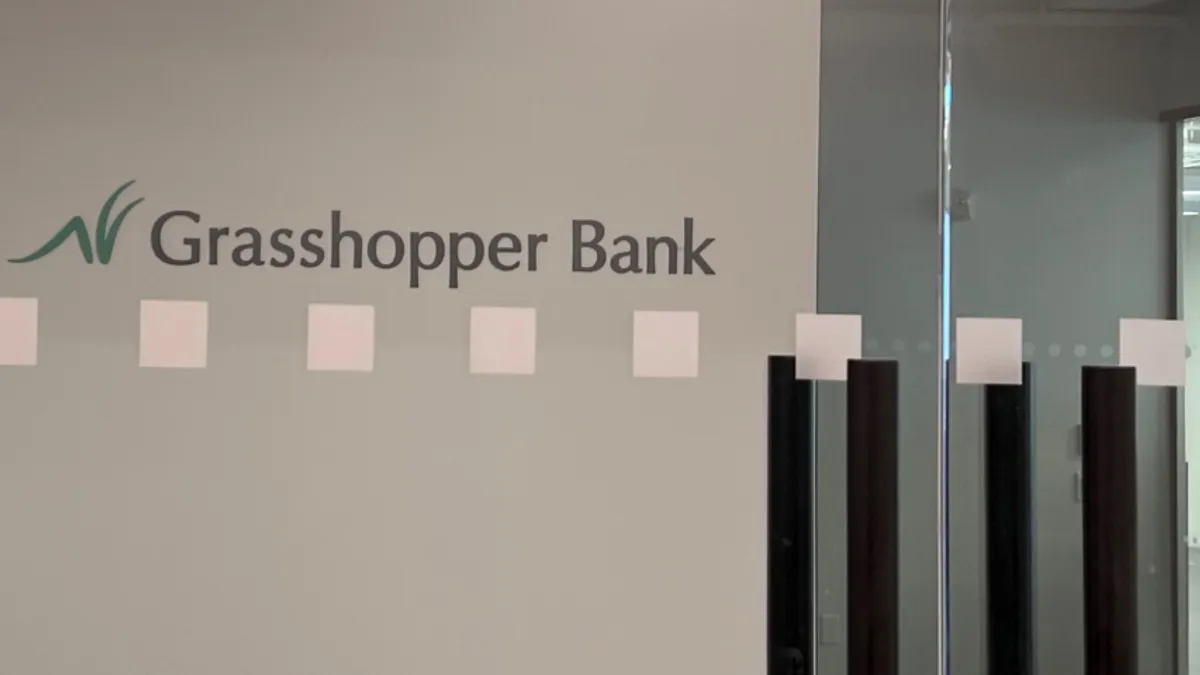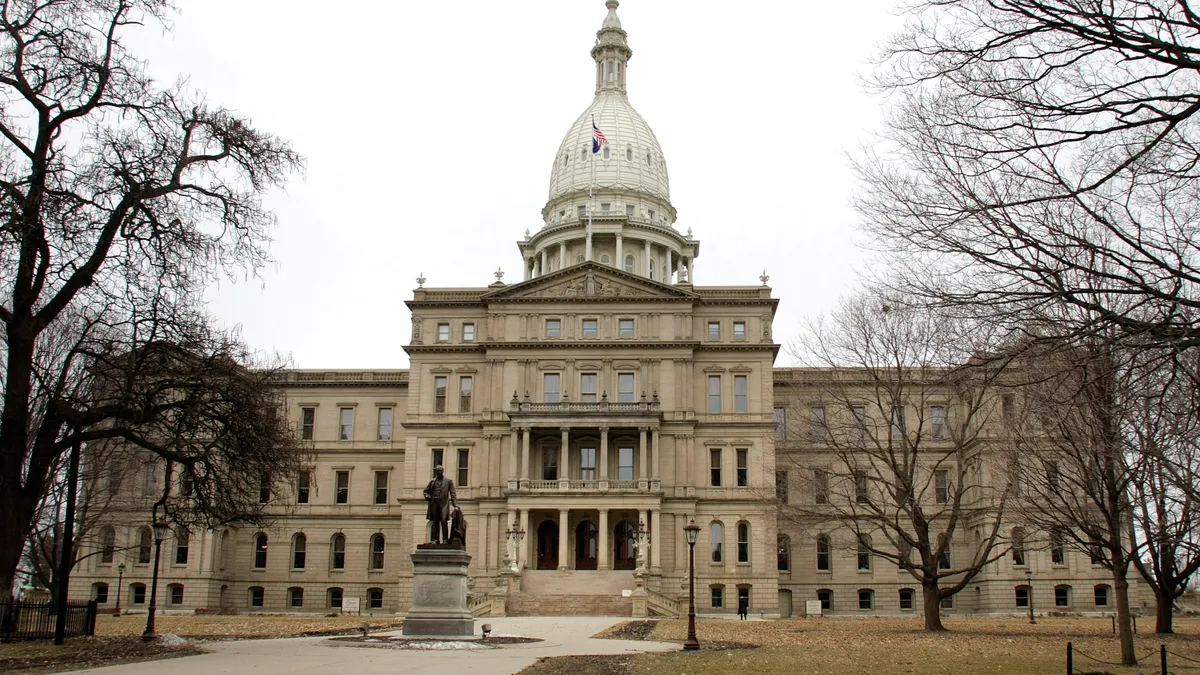U.S. authorities are examining Wells Fargo over disputes on the Zelle payment network, the lender said Thursday in its quarterly report to the Securities and Exchange Commission.
“Government authorities have been conducting formal or informal inquiries or investigations regarding the handling of customer disputes related to fund transfers made through the Zelle Network,” Wells Fargo said in the filing.
The San Francisco-based lender did not mention the names of the authorities involved or explain more about the nature of the ongoing probe.
Zelle, on its part, said in an email to Banking Dive that the network requires fraudulent transaction claims to be reimbursed as per federal regulations, and “that has not changed”.
Effective June 30, 2023, the banks and credit unions that participate in the Zelle network must compensate consumers for specific authorized imposter fraud incidents, it added.
The Zelle digital payments network, launched in 2017, is a subsidiary of Scottsdale, Arizona-based parent company Early Warning Services — owned by seven of the biggest U.S. banks: JPMorgan, Wells Fargo, Bank of America, PNC, Capital One, Truist and U.S. Bank.
“Helping consumers safely pay is a top priority for Zelle. Less than one-tenth of one percent of Zelle payments are reported as fraud or scams, and that number keeps declining,” a spokesperson for EWS said.
Zelle has developed consumer education resources on its website to guide people on internet scams. It has also launched education campaigns with the Better Business Bureau, the National Council on Aging, Utilities United Against Scams, and Vox Media, according to the spokesperson.
In a quarterly report filed with the SEC on Wednesday, JPMorgan Chase said it was responding to inquiries from civil government officials regarding the Zelle disputes and is cooperating with these inquiries while furnishing required information.
Neither Wells Fargo nor JPMorgan has been accused of any misconduct.
The payments app came into the public eye when The New York Times disclosed extensive fraud allegations related to Zelle in a March 2022 report, chronicling how banks were reluctant to reimburse customers who had been the targets of scams in instances when consumers authorized the payments.
Sen. Elizabeth Warren, D-MA, released a report in October of that year and urged the Consumer Financial Protection Bureau to bolster and define the regulation that governs when banks must repay harmed customers.
More recently, three Democratic U.S. senators, including Warren, wrote a letter to CFPB Director Rohit Chopra, expressing support for a proposed rule that would let the bureau monitor digital payments apps like Zelle.
The letter, from Sens. Jack Reed, D-RI, Sherrod Brown, D-OH, and Warren came just a day after Reps. Patrick McHenry R-NC, French Hill, R-AR, and Mike Flood, R-NE, wrote to Chopra, asking for an additional 60 days to comment on the proposed rule.
The rule in question, proposed in November, would define a market for general-use digital consumer payment applications, covering providers of funds transfer and wallet functionalities through digital apps for consumers making payments to other people for personal, family, or household purposes. The comment period closed Jan. 8.
However, Warren, Brown and Reed wrote an open letter to EWS CEO Cameron Fowler asking the company to spell out and simplify its reimbursement policy for Zelle customers who were victims of fraud and scams. They also asked the big bank-backed EWS to provide data by March 13 on Zelle’s fraud and scams from the last five years, including the amount the company has refunded.
“Since it appears that Zelle has not shared any specific information about its reimbursement policy, customers may not know that they can be reimbursed and, thinking they may not get any help, may not report these scams,” the letter said.
Citi, which does not co-own Zelle, faces perhaps a higher-profile investigation related to scam-related reimbursement. The bank urged a federal court last month to dismiss New York Attorney General Letitia James' lawsuit, which alleged Citi failed to make customers whole when they were subjected to online scams.
Citi said that, according to the proper standard of the Uniform Commercial Code, banks are excused from covering losses if they adopt commercially reasonable security measures to verify customer identities.
The bank said it stops “countless” fraudulent transactions every day.






















